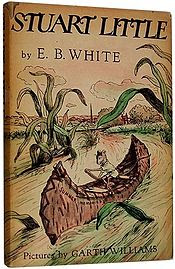Place, Unexpected
So I’m reading along in Hilary Mantel’s Bring Up the Bodies, a re-telling of the last months of Thomas Cromwell’s life, riveted by her story of intrigue in the court of King Henry VIII, not expecting a discussion of place, when I find this:
He [Cromwell] is buying land in the lusher parts of England, but he has no leisure to visit it; so these farms, these ancient manors in their walled gardens, these watercourses with their little quays, these ponds with their gilded fish rising to the hook; these vineyards, flower dens, arbours and walks, remain to him flat, each one a paper construct, a set of figures on a page of accounts: not sheep-nibbled margins, nor meadows where kine stand knee-deep in grass, not coppices nor groves where a white doe shivers, a hoof poised; but parchment domains, leases and freeholds delimited by inky clauses, not by ancient hedges, or boundary stones.
Here is a longing for place that is ancient but real, the pull of the city-dweller toward the bucolic retreat, the dream of land when land is owned but not possessed.
How many of us moderns feel the same?
